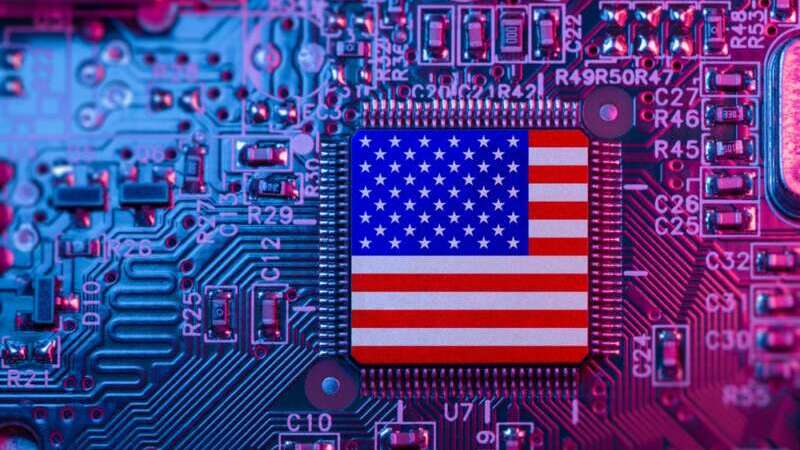
President Donald Trump plans to rescind a Biden-era rule that would curb the export of advanced AI chips and drew criticism from industry executives who argued the rule would have derailed AI progress and stifled technology innovation in America.
President Joe Biden unveiled the rule, also known as the “AI diffusion rule,” during the final days of his administration. It was set to take effect on May 15.
“The Biden plan would have handed over key markets to China. We should want foreign countries, particularly our allies, to buy American,” Sen. Ted Cruz, R-Texas, chairman of the Senate Committee on Commerce, Science, and Transportation, said Thursday during a hearing to discuss AI regulation.
“I vocally opposed this rule for months, and indeed, the ranking member and I together urge the Biden administration not to adopt it, and I’m very pleased that President Trump has now confirmed he plans to rescind it,” Sen. Cruz said.
One of the main concerns regarding the Biden-era rule was that it divided the world into three tiers. The first tier included 18 allied countries that would have been exempt from the rules.
About 120 other countries fell into the second tier and would face caps on chip sales. In the third tier, countries of concern – including China – would be completely restricted from receiving the technology.
OpenAI CEO Sam Altman, Advanced Micro Devices (AMD) CEO Lisa Su, Microsoft Vice Chair and President Brad Smith, and CoreWeave CEO Michael Intrator testified at the Thursday hearing.
Smith stressed “the importance of getting it right for export controls, which is the AI diffusion rule that’s being discussed right now.”
The Microsoft executive explained that the rule – which the Commerce Department’s Bureau of Industry and Security (BIS) would have enforced – established controls to ensure chips “don’t get diverted to China or get accessed by the wrong users.”
“At the same time we need, I believe, to get rid of the quantitative caps that were created for all of these tier two countries, because what they did was send a message to 120 nations that they couldn’t necessarily count on us to provide the AI they want and need,” Smith said.
“Just think about it. I mean, if this is a critical part of your country’s infrastructure, how can you make a bet on suppliers if you’re not confident that they’ll be able to fulfill your needs?” he added. “So, I think you in Congress and the Senate can help the White House and the Department of Commerce get this right.”
NVIDIA – the world’s leading manufacturer of AI chips – welcomed the Trump administration’s decision to rescind the rule. The company expressed its disappointment in the Biden-era rule back in January, which it called a “sweeping overreach.”
“We welcome the administration’s leadership and new direction on AI policy,” NVIDIA said in a May 7 statement. “With the AI diffusion rule revoked, America will have a once-in-a-generation opportunity to lead the next industrial revolution and create high-paying U.S. jobs, build new U.S.-supplied infrastructure, and alleviate the trade deficit.”
A spokesperson from the Commerce Department’s BIS confirmed the recission of the AI diffusion rule, saying it is “overly complex, overly bureaucratic, and would stymie American innovation.”
“We will be replacing it with a much simpler rule that unleashes American innovation and ensures American AI dominance,” the BIS spokesperson said.
Also during today’s hearing, Sen. Cruz noted that he plans to soon introduce a new bill that “creates a regulatory sandbox for AI.”
The senator said the bill “will remove barriers to AI adoption, prevent needless state over-regulation, and allow the AI supply chain to rapidly grow here in the U.S.”
